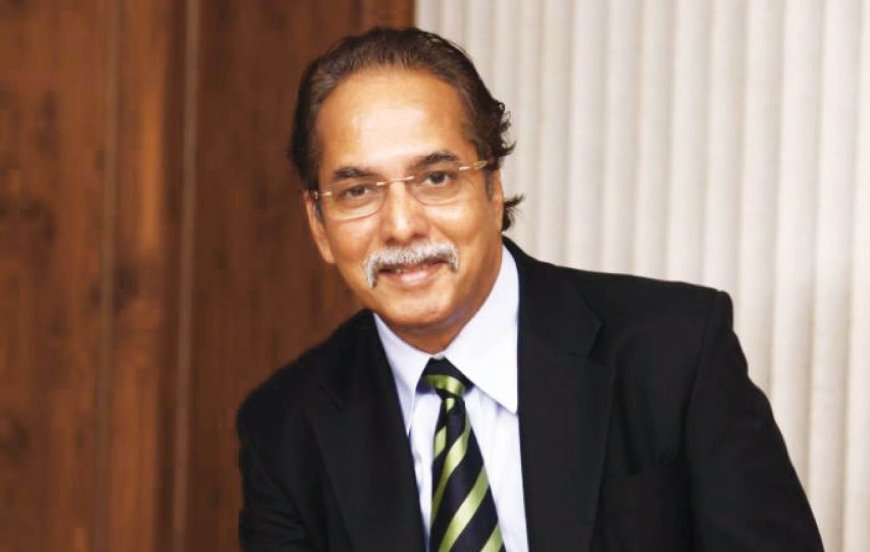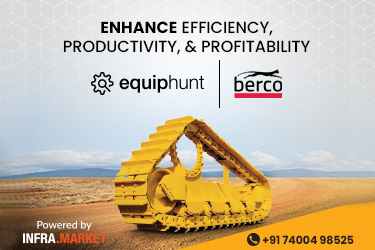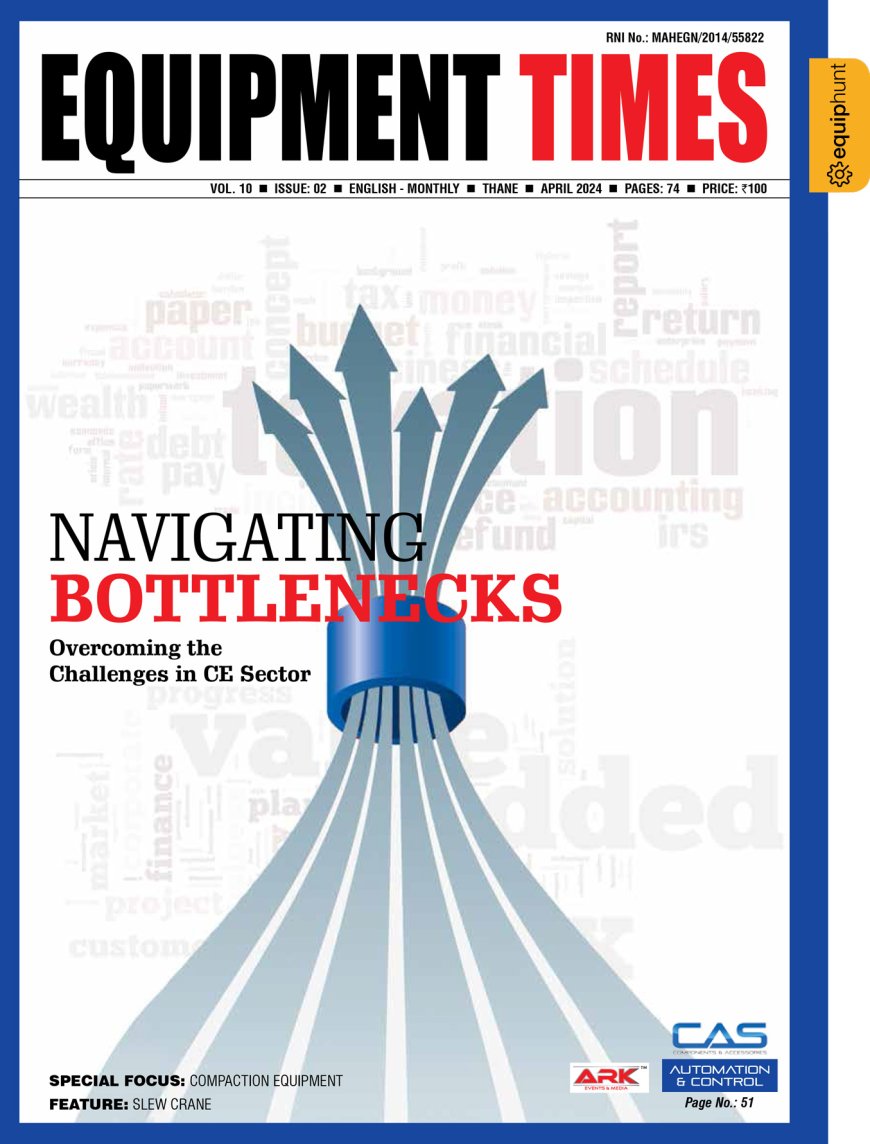There is a huge opportunity for small and medium size equipment
The major manufacturers who are members of ICEMA are not able to participate in a big way in the border roads or rural roads projects because the pain points are not clearly known. AnandSundaresan, President, ICEMA How do you assess

 The major manufacturers who are members of ICEMA are not able to participate in a big way in the border roads or rural roads projects because the pain points are not clearly known.
The major manufacturers who are members of ICEMA are not able to participate in a big way in the border roads or rural roads projects because the pain points are not clearly known.
AnandSundaresan, President, ICEMA
How do you assess the adoption of advanced technology in road projects, especially in NE regions?
Over the years we have achieved international standards in road construction, especially in the national highway road projects. Ministry of Road Transport, Indian Road Congress, and ICEMA continuously interact and draw the specs of various types of equipment used in a road projects to ensure better quality output. There are also many multinational companies here chipping in with their expertise. When it comes to NE regions and rural and border roads a major challenge is bringing these advanced equipment and machinery to these projects. Since most of these projects are executed by small and medium contractors, accessibility and affordability are big challenges.
How do you find the opportunities from these projects?
The quantum of work is so huge that we need to speed up the projects in NE regions. There is a huge opportunity for small and medium size equipment and machinery, with high end technology. Unfortunately, many of the major players have not entered the space. Currently, to an extent, this huge demand is taken care by proprietary firms.. However, it seem today’s proprietary firms are not able to upgrade technology and scale up production to match the demand.
What supportive role probably ICEMA can play?
The major manufacturers who are member of ICEMA are not able to participate in a big way in the border roads or rural roads projects because the pain points are not clearly known, whether the demand will be stable so they can scale down to meet the specific requirements. And probably we need to change the specs of some equipment what organisation like BRO has already been using. We have passed the information to all the members. It is in their hands to take advantage of the opportunities.
Does the L1 concept of tendering adversely impact the growth?
True. This has to be done away with. What is more important is the life cycle cost of a machine rather than its initial price. For example organisation like BRO, which has been doing excellent work in the border roads always go for L1 tender and majority of the large players are not able to participate in this process. The matter has been thoroughly discussed with BRO. We would be working with BRO for developing specific requirement of equipment for the road projects undertaken by them. BRO has already signed MoUs with select companies such as Tata Motors, Ashok Leyland, Tata Hitachi & Bosch.
Availability of spares and back up support seems to be a major issue, especially for NE projects.
All of us have invested heavily in building up the service network to provide high end services to our customers. We have ensured timely availability of spares, training of operators and have come out with a variety of service contracts to suit the requirements of the customers. Especially the demands from private contractors are very high and we are well able to meet the requirements. So the same can be replicated even at the NE regions and boarder roads and rural road projects. In fact, many of members have already set up service centres, spares outlets and training centres in NE regions. Yes, we need to give the allowance of difficult terrains which has a bearing on the mobility of men and machinery.
Hits: 65














